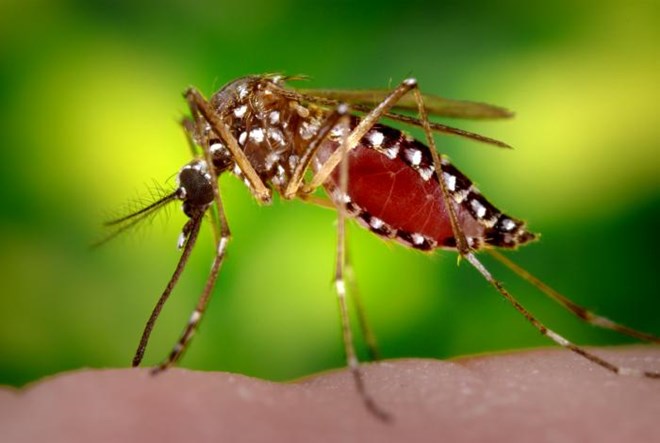
Monday May 2, 2022

The Yellow Fever disease could still be spreading in
northern Kenya, according to a World Health Organization report.
The first case was reported on January 12 and by March 5,
the Ministry of Health had recorded 15 suspected cases, three confirmed cases
and three deaths.
However, by end of March, WHO says that suspected cases had
risen to 53.
“The cases include
six deaths, having been reported from Isiolo county and central Kenya,” the WHO
says in a status report.
Despite the outbreak, there has been no mass vaccination
yet.
However, in March, the Ministry of Health said it was
procuring vaccines to conduct the exercise.
“Yellow fever vaccination is included in the national
routine immunisation schedule ( for children at nine months).
"However it is only in four counties in the northwest,
not directly bordering Isiolo, which is deemed to be at highest risk,” WHO says.
The organisation said it now classifies Kenya as a high-risk
country because of the current and past outbreaks in 1992, 1993, 1995 and 2011
in the western Rift Valley.
In 2016, two imported cases from Angola were also reported.
“Epidemic spread of yellow fever is a risk in Kenya as the
estimated routine yellow fever vaccination coverage is very low among the
target population.
"The uptake is seven per cent and is limited in scope
to four counties in the western part of the country (Baringo, Elgeyo Marakwet,
West Pokot and Turkana),” WHO said.
The organisation also said Kenya was among 24 countries with
confirmed outbreaks of a variant of polio in 2021.
Six cases of mutated polio virus were detected in Kenya in
December 2020 and January 2021.
Three cases were newly-arrived children from Somalia at the
Dadaab refugee camp. Their stool was
tested and found to have the mutated poliovirus.
A mutated virus was also found in a separate sewage sample
from Garissa, while two samples of sewage collected in Mombasa were found to
have a similar virus.
“The rise in outbreaks of other vaccine-preventable diseases
is a warning sign. As Africa works hard to defeat Covid-19, we must not forget
other health threats.
"Health systems could be severely strained not only by
Covid-19 but by other diseases,” Dr Matshidiso Moeti, the WHO Regional Director
for Africa said.
Moeti said vaccines are at the heart of a successful public
health response and as countries restore services, routine immunisation must be
at the core of revived and resilient health systems.